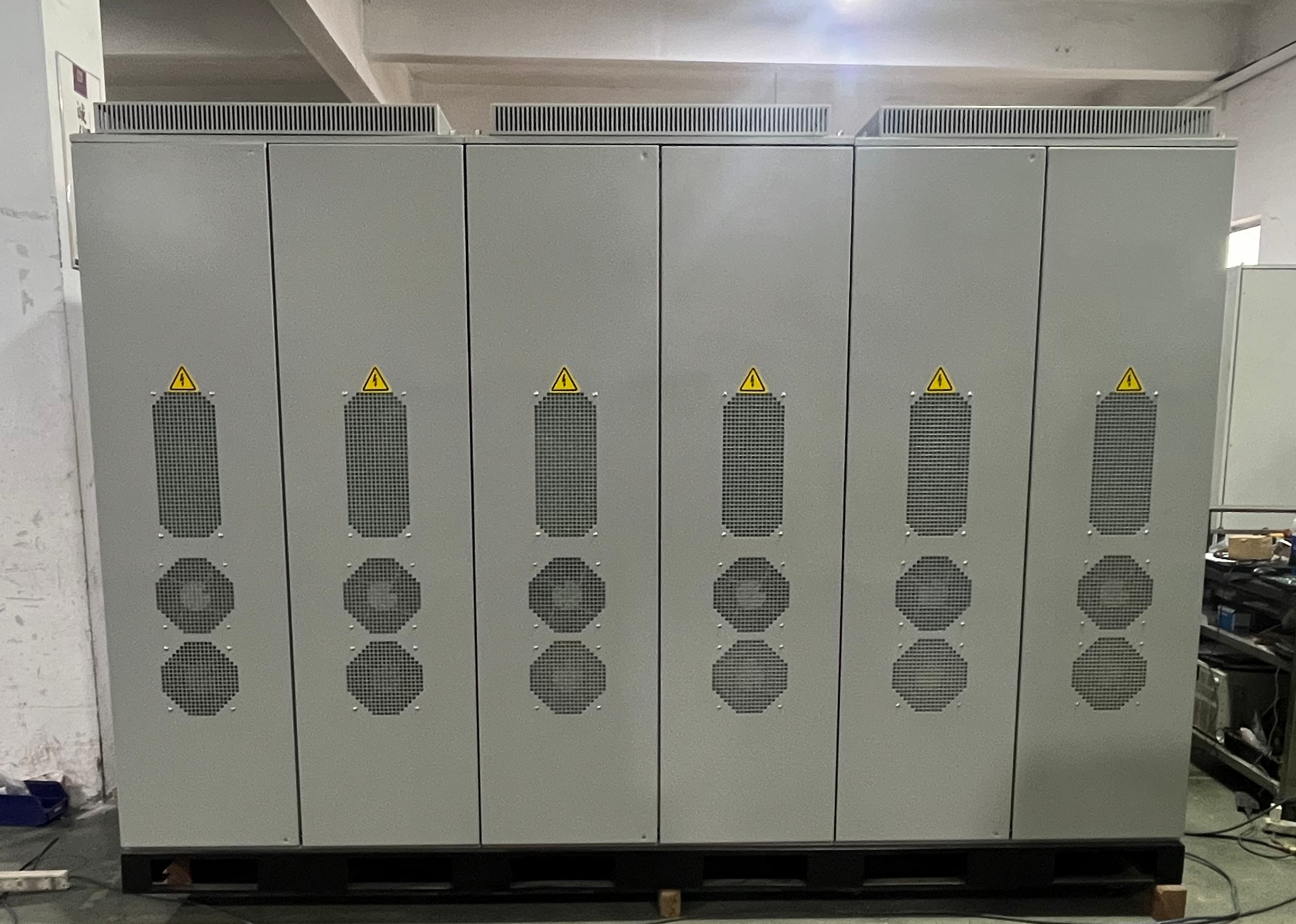low frequency power grid simulator
A low frequency power grid simulator is an advanced technological system designed to replicate and analyze power grid behavior at frequencies below standard operating levels. This sophisticated equipment enables engineers and researchers to study grid dynamics, test protection mechanisms, and validate control strategies in a safe, controlled environment. The simulator can recreate various grid conditions, including normal operations, fault scenarios, and transient events, making it an invaluable tool for power system analysis and development. The system incorporates real-time digital simulation capabilities, allowing users to observe and analyze power system responses to different stimuli instantly. It features comprehensive modeling capabilities for various power system components, including generators, transformers, transmission lines, and loads. The simulator's ability to operate at low frequencies provides unique insights into grid behavior during abnormal conditions, making it particularly useful for studying grid stability and reliability. Applications span across multiple sectors, including power utility companies, research institutions, and educational facilities, where it serves as both a training tool and a research platform. The system's modular architecture enables easy expansion and modification to accommodate different testing requirements and scenarios, while its advanced monitoring and data acquisition systems provide detailed analysis capabilities for comprehensive power system studies.




